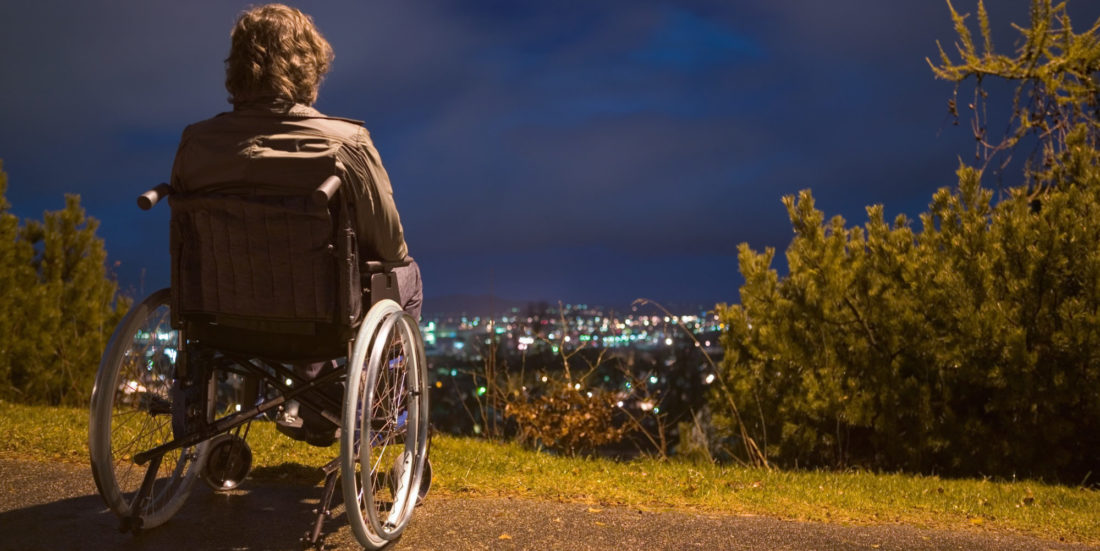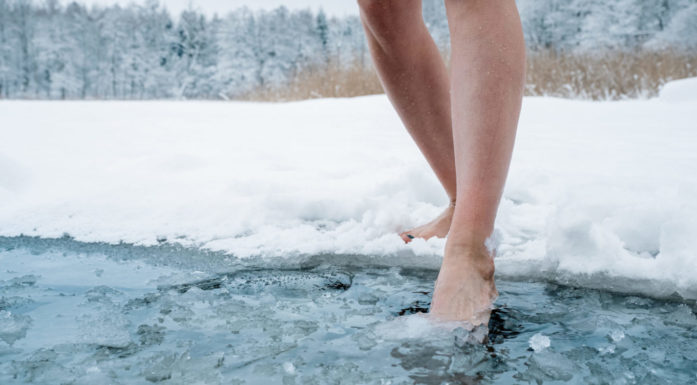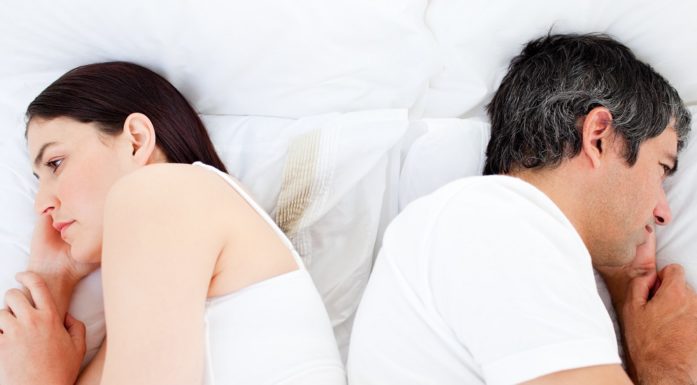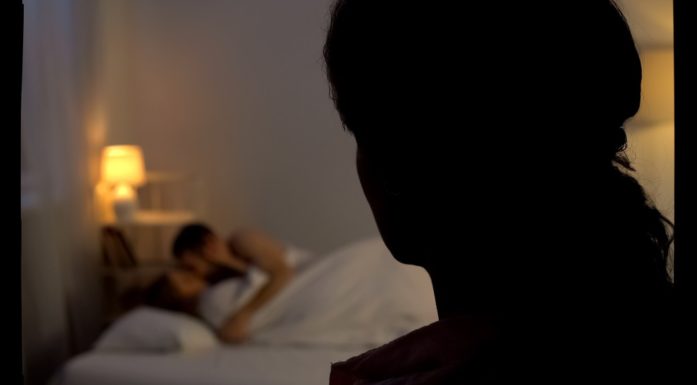Disabled people are often excluded from sex. With no reason.
The problem is global, say researchers, and caused primarily by ignorance and a lack of understanding.
“The literature and our own studies indicate that disabled people are often regarded as very different when it comes to sexuality”, says Stine Hellum Braathen, who is a Research Manager at SINTEF. “Many people believe that the disabled cannot perform sexually, although it is obvious that they are sexual beings like everyone else”, she says.
Braathen believes that there is no evidence to suggest that the common conception that most people have about disabled people’s love lives is correct. Of course, everyone has their own sexuality adapted to context, but there is absolutely no doubt that disabled people are sexual beings. “They share the same desires, dreams about, and needs for sex and romantic relationships as other people. They want to be able to have children and live in families just like we all do”, says Braathen.
Facts:
SINTEF has been working in southern Africa for between 15 and 20 years on studies related to living conditions among disabled people. Its main focus has been on health, HIV/AIDS and vulnerability. This project has emerged from a need for a better understanding of sexuality. As well as a website and documentary film, the researchers are currently compiling a book of personal stories combined with some easily comprehensible research results. The website provides links to all publications from the project, and the book will also be announced on the website as soon as it is published.
A universal problem
Together with a group of researchers from England and South Africa, she has been participating in a project called “Disability and Sexuality in South Africa”. The aim of the project is to learn more about the subject and to disseminate information to the disabled as well as to the authorities and the population as a whole.
As well as conducting a number of studies, the project has launched a website and produced a documentary film containing information.
“The 20-minute film has been shown in both Norway and South Africa, and what is interesting about it is how universal its message is”, says Braathen. “The stories that the Africans present in the film resonate entirely with the experiences of disabled people in Norway. When it comes to sexuality, we humans are very similar”, she says.
Fundamental scepticism
There are some obvious cultural differences between Africa and Norway, but the fundamental trait is the same – a scepticism towards people who diverge a little from the average.
Disabled people in Norway are often faced with the same prejudices. Marianne Knudsen is Deputy Leader of the youth section of the Norwegian Association for the Disabled, and shares her experiences in a feature produced by state broadcasters NRK.
“Is it possible for someone in a wheelchair to have sex? Can she have children? Can they bring up a child?”, says Braathen. “All this contributes to the difficulties that this group experiences in finding themselves, and prevents many from becoming integrated in terms of a romantic and sexual life”, she says.
Regarded as less sexual beings
As part of the project, the researchers also conducted an online survey using non-disabled informants. When presented with different scenarios, such as “how would you react if a woman in a wheelchair approached you in a bar?”, it was very clear that the attitude displayed by non-disabled people is that the disabled are different – they have less sexual desire and less need for sexual health services and sex education.
“Obviously, it’s not easy to measure peoples’ attitudes, but we obtained confirmation that non-disabled people regard the disabled as less sexual beings”, says Braathen.
“Research shows that disabled people are not only excluded from romantic relationships, but that in some countries they are often also prevented from taking part in sex education at school or in programmes that focus on sexual health related to HIV/AIDS and sexual illnesses. Moreover, women are excluded when they are trying to get, or are, pregnant.
Furthermore, the stock response from state health service providers is often “how could you give birth to, or be the parent of, a child?” This in spite of the fact that most disabled women can conceive, give birth to, and bring up, a child.
Losing out on closeness and belonging
“In interviews with women the talk is mostly about romance and relationships”, says Braathen. “Men are mostly preoccupied with the sexual practicalities, how they can satisfy women, and what kinds of aids they need”, she says.
What is common to both sexes is that the need for interdependence, closeness and a sense of belonging is stronger than the desire to have sex.
“There is no evidence to suggest that people can’t get these things just because they get around in a wheelchair, are blind, deaf or suffer from a mental illness”, says Braathen.
The aim of the website and the film is to develop know-how that is both easily accessible and with which people can easily identify.
“If we think of a group of people as having defects and shortcomings, they immediately become excluded”, says Braathen. “It’s important to reverse these attitudes. We must do what we can to ensure that everyone is regarded as included. To achieve this, we must first understand the background – then we can tackle the issues”, she says. Braathen believes that research such as this is an important source of knowledge for informing policy and social services development.





